Generalized Anxiety Disorder
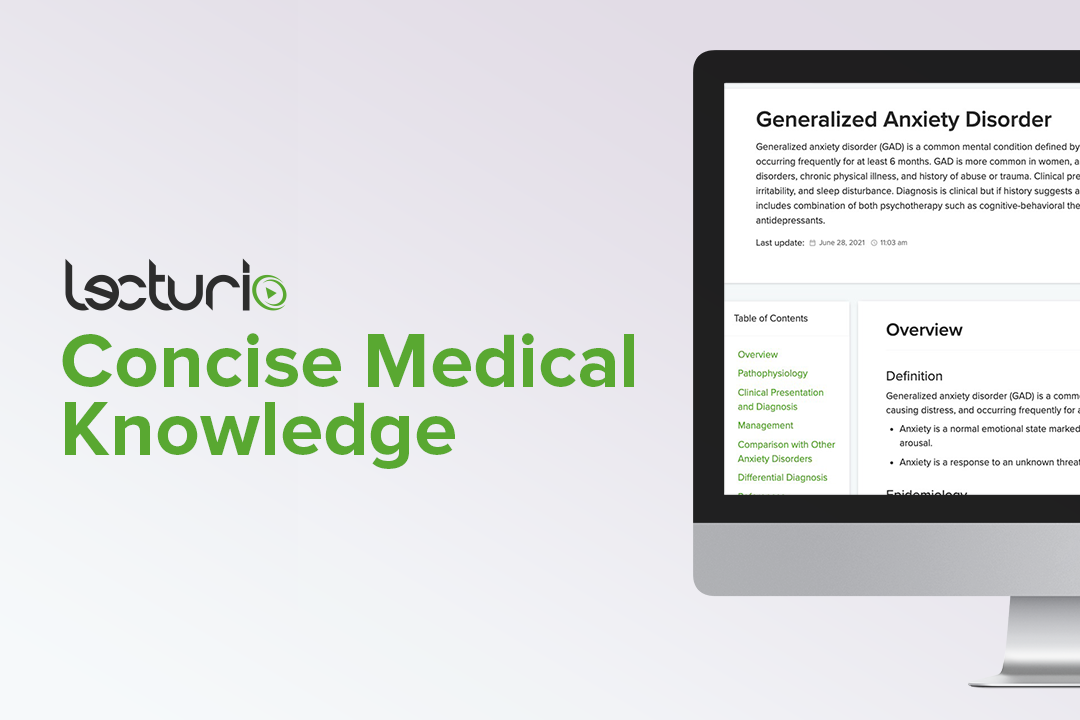
Overview Definition Generalized anxiety disorder (GAD) is a common mental condition defined by excessive, uncontrollable worrying causing distress and occurring frequently for at least 6 months. Epidemiology Pathophysiology Risk factors Pathogenesis Clinical Presentation and Diagnosis Clinical features Assessment Management The gold standard for management of GAD is a combination of psychotherapy and pharmacotherapy. Psychotherapy Nonmedical […]
Autism Spectrum Disorder
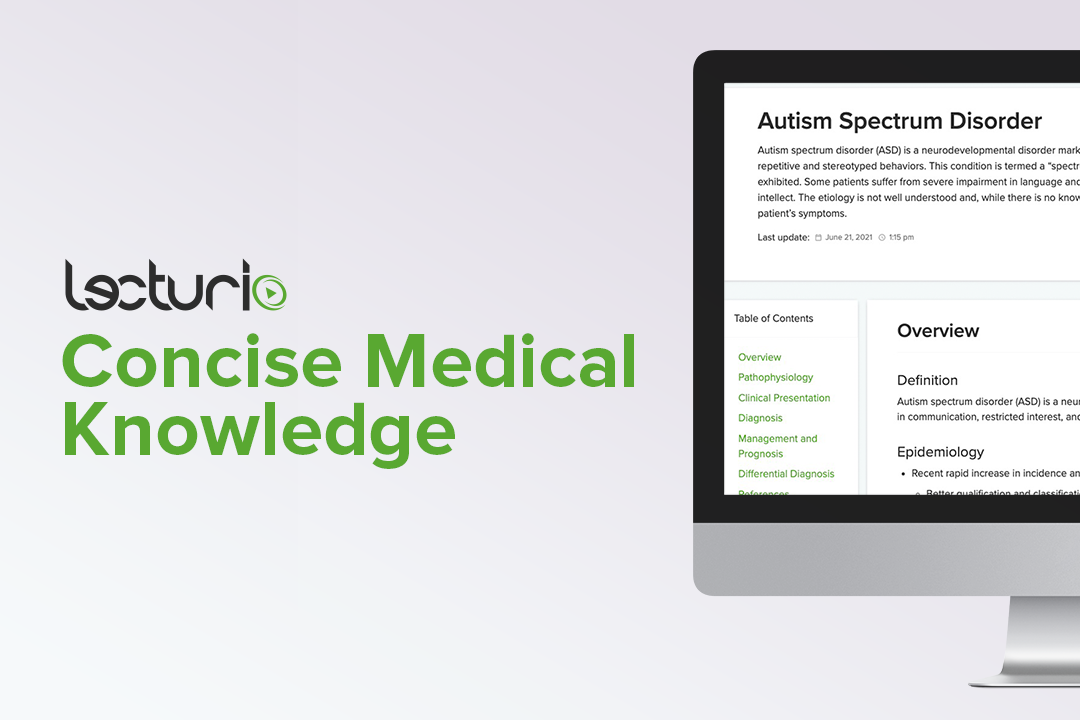
Overview Definition Autism spectrum disorder (ASD) is a neurodevelopmental disorder characterized by a varying range of impairments in communication, restricted interest, and repetitive behaviors. Epidemiology Pathophysiology Clinical Presentation Presentation of ASD varies based on the age of presentation. Diagnosis Pediatricians should systematically screen children of appropriate age for ASD at well-child visits. Management and Prognosis […]
Binge Eating Disorder
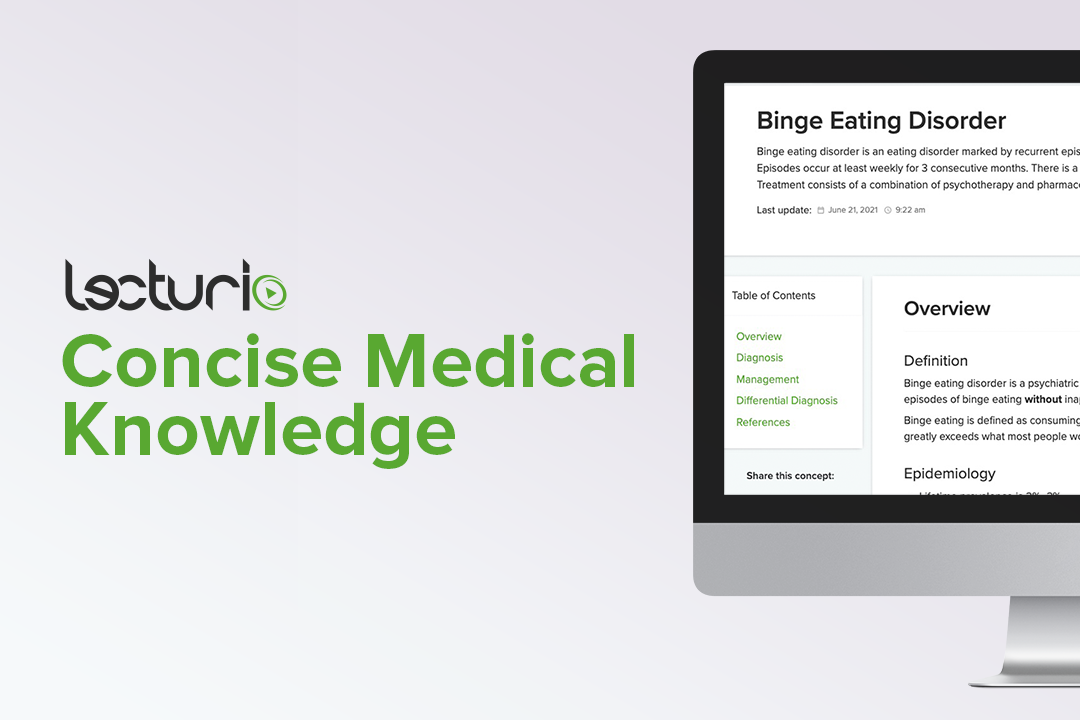
Overview Definition Binge eating disorder is a psychiatric ailment classified as an eating disorder in which the patient has recurrent episodes of binge eating without inappropriate compensatory behavior. Binge eating is defined as consuming an amount of food in a specified amount of time (e.g., 1 hour) that greatly exceeds what most people would consume […]
Male Sexual Dysfunction

Overview Definition Male sexual dysfunction is a group of disorders that interfere with any stage of the male’s sexual response cycle and result in disruption of normal sexual function. Table: Stages of the sexual response cycle Stage Changes in females Changes in males Changes in both Desire Motivation or interest in sexual activity Expressed by […]
Adjustment Disorder
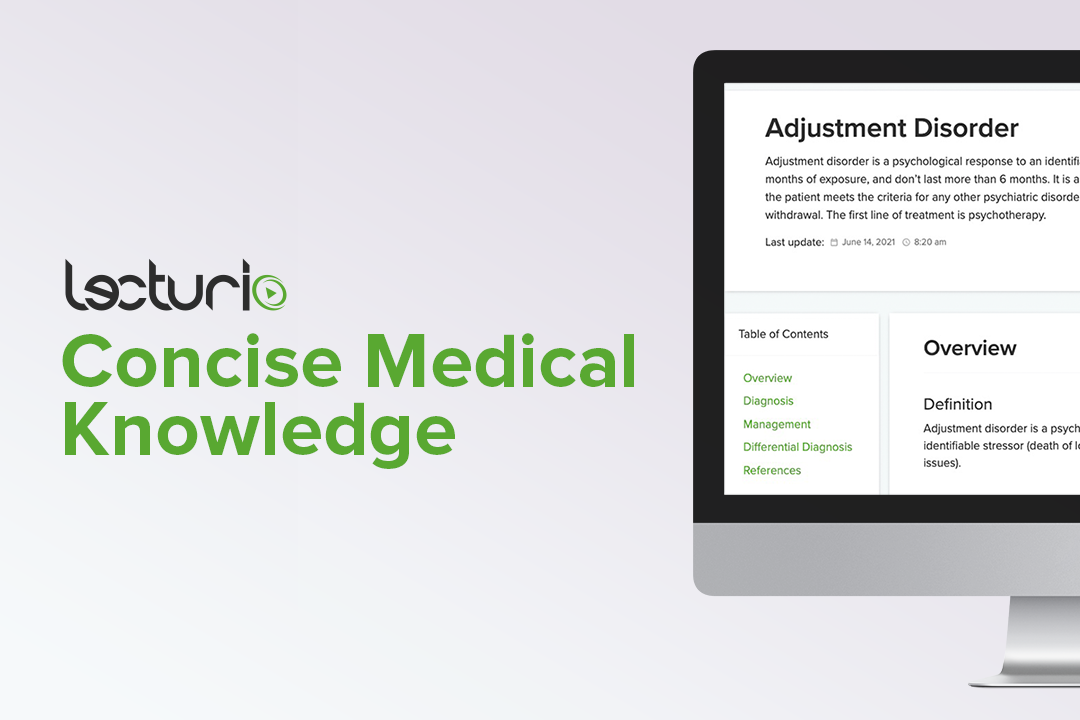
Overview Definition Adjustment disorder is a psychological and physical response (feeling sad, stressed, or hopeless, and certain physical symptoms) to an identifiable stressor (death of a loved one, divorce, life changes, illness, family problems, school problems, or sexual issues). Epidemiology Etiology Diagnosis Adjustment disorder is difficult to diagnose as it shares symptoms with other mental […]
Obsessive-compulsive Disorder (OCD)
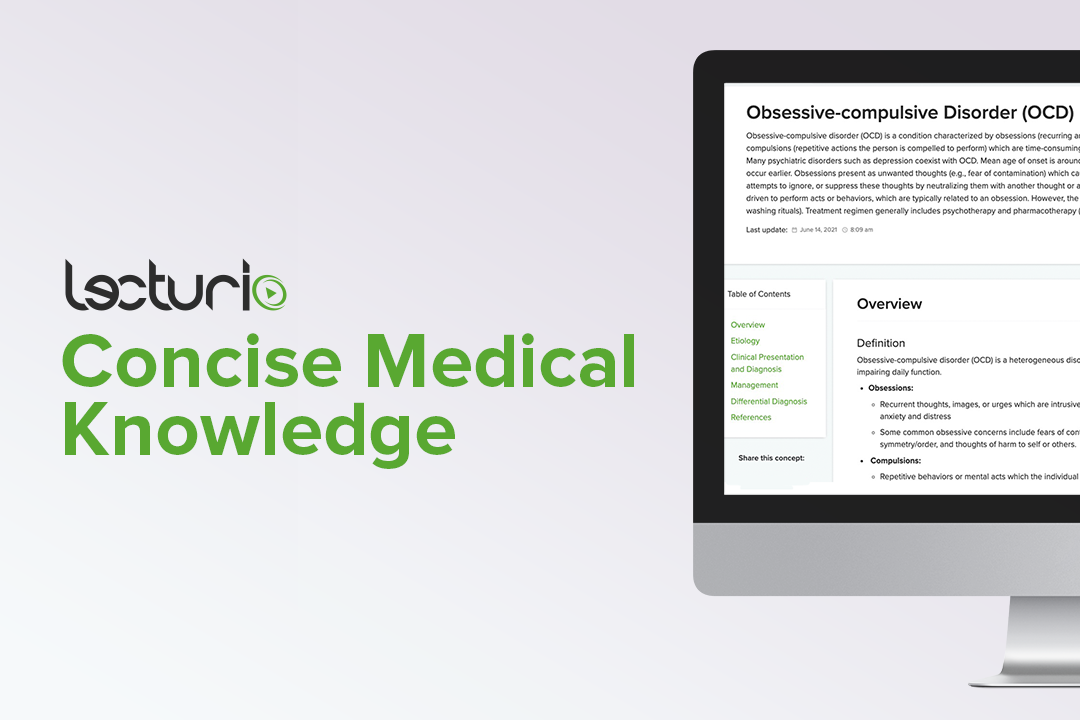
Overview Definition Obsessive-compulsive disorder (OCD) is a heterogeneous disorder characterized by obsessions and compulsions that impair daily function. Epidemiology Etiology Genetic Environment Biological Clinical Presentation and Diagnosis Clinical features Clinical diagnostic criteria for OCD Management Psychotherapy Pharmacotherapy Other therapies Differential Diagnosis References
Schizoaffective Disorder
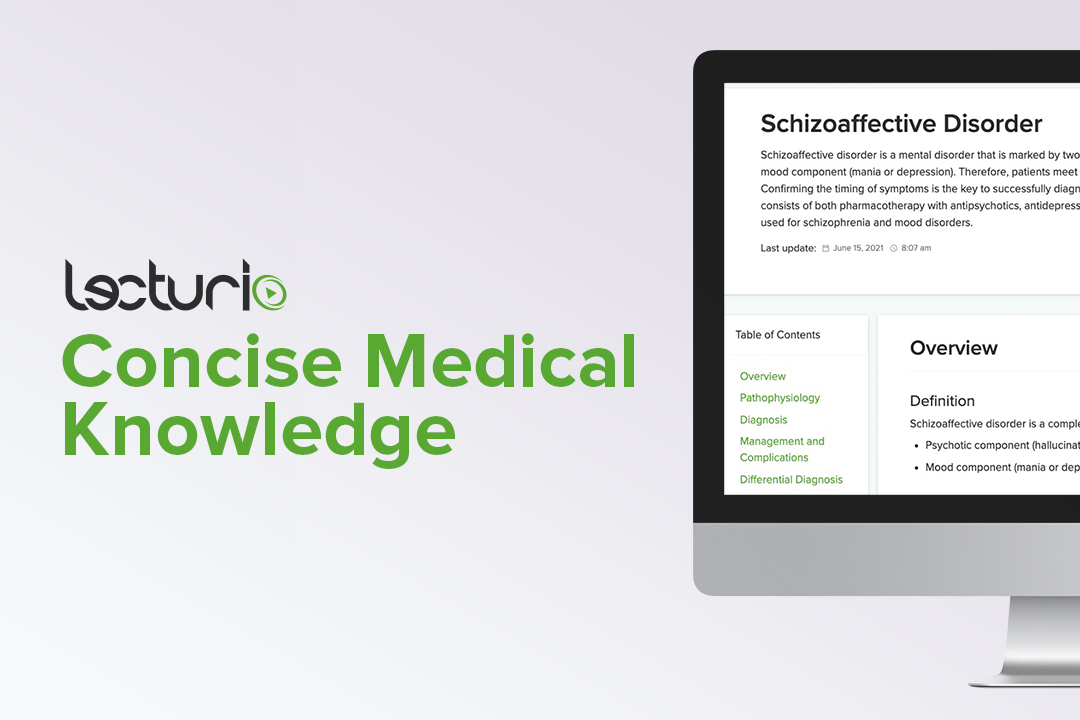
Overview Definition Schizoaffective disorder is a complex mental disorder that includes 2 components: Classification Based on the mood symptoms, there are 2 subtypes: Epidemiology Pathophysiology Diagnosis Clinical diagnostic criteria Diagnostic criteria include the following: Further considerations It is important to distinguish schizoaffective disorder from mood disorders with psychotic features: Management and Complications Psychotherapy Psychotherapy and […]
Oppositional Defiant Disorder
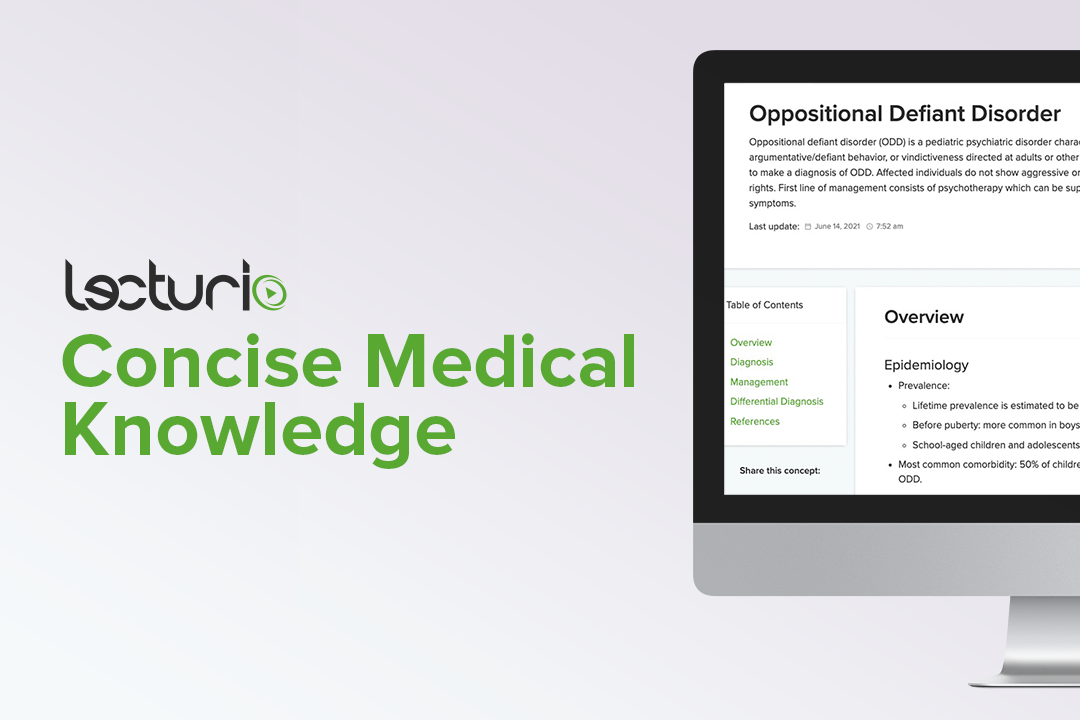
Overview Epidemiology Etiology A combination of risk factors is considered responsible for the development of ODD. Pathophysiology Diagnosis DSM-V diagnostic criteria Severity levels Further considerations Management Psychotherapy Pharmacotherapy Table: Pharmacotherapy for different target symptoms in ODD Target symptoms Pharmacology options Depressive mood, irritability, anxiety Selective serotonin reuptake inhibitors (e.g., fluoxetine) Severe aggression 2nd-generation antipsychotics (e.g., […]
Delusional Disorder
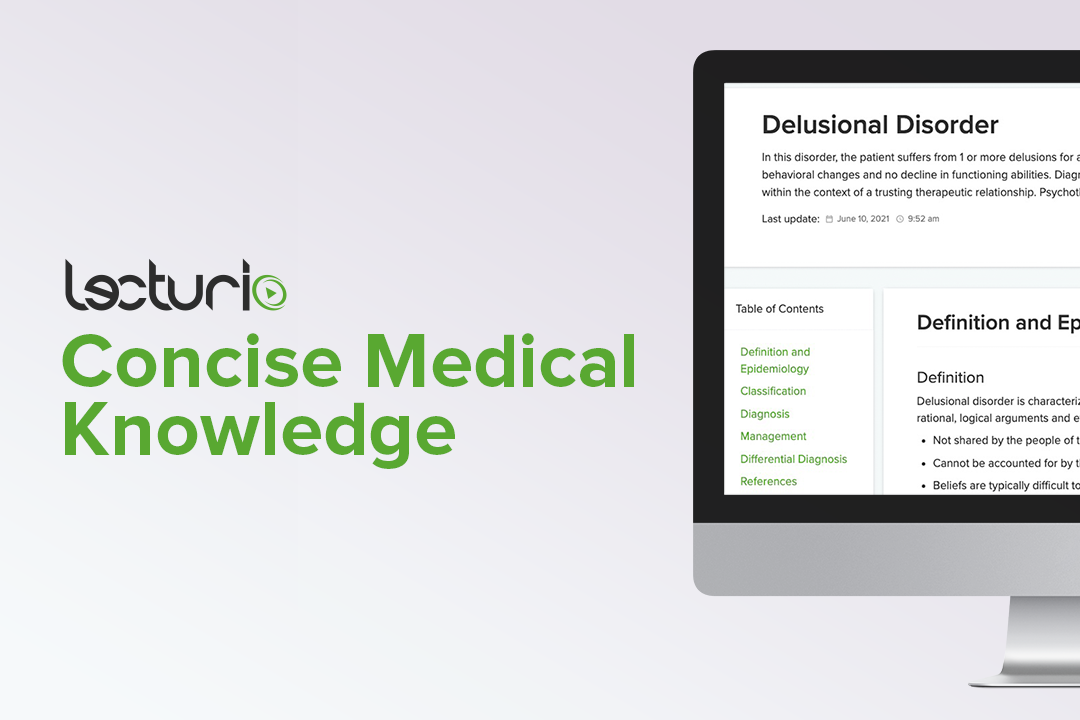
Definition and Epidemiology Definition Delusional disorder is characterized by unshakable false beliefs held by an individual despite being presented with rational, logical arguments and evidence to support the contrary. Epidemiology Classification Table: Different types of delusions with examples Type Description Example Delusions of persecution Most common The individual believes that they are going to be […]
Bulimia Nervosa
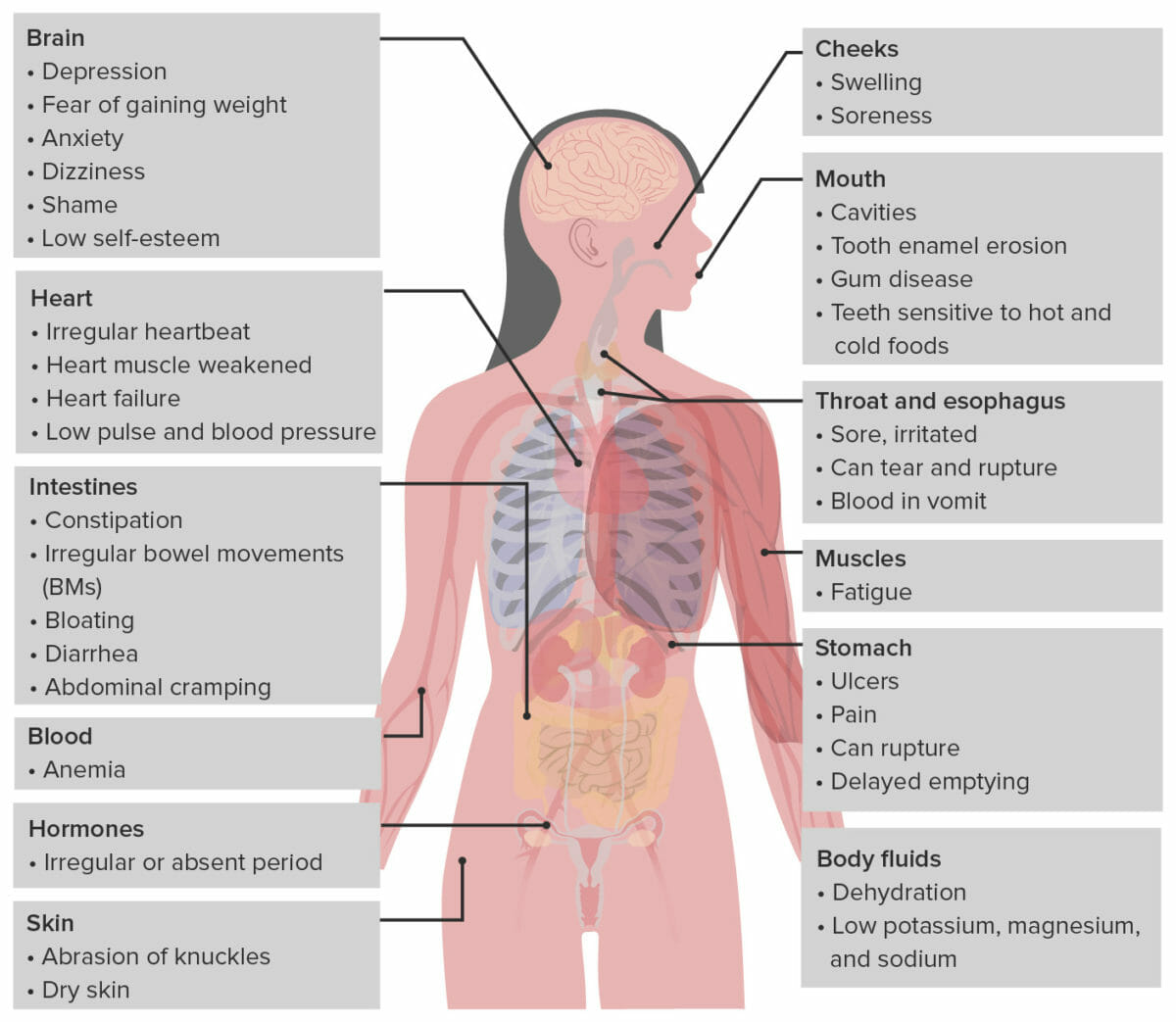
Overview Definition Bulimia nervosa is an eating disorder characterized by recurrent episodes of binge eating (consuming a larger-than-appropriate amount of food in a set period of time) accompanied by inappropriate compensatory behavior (purging). Epidemiology Pathophysiology Diagnosis History Physical exam Specific exam findings can be suggestive of eating disorders: Lab findings Though not diagnostic, certain lab […]